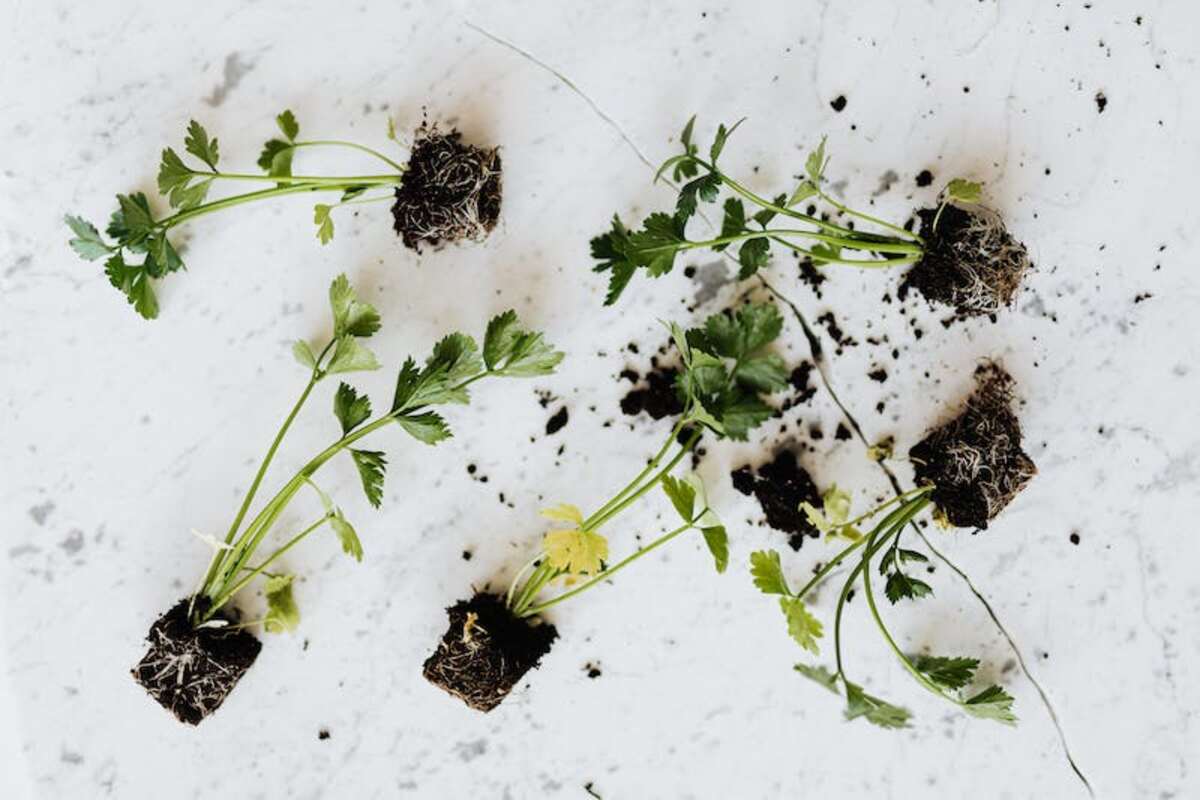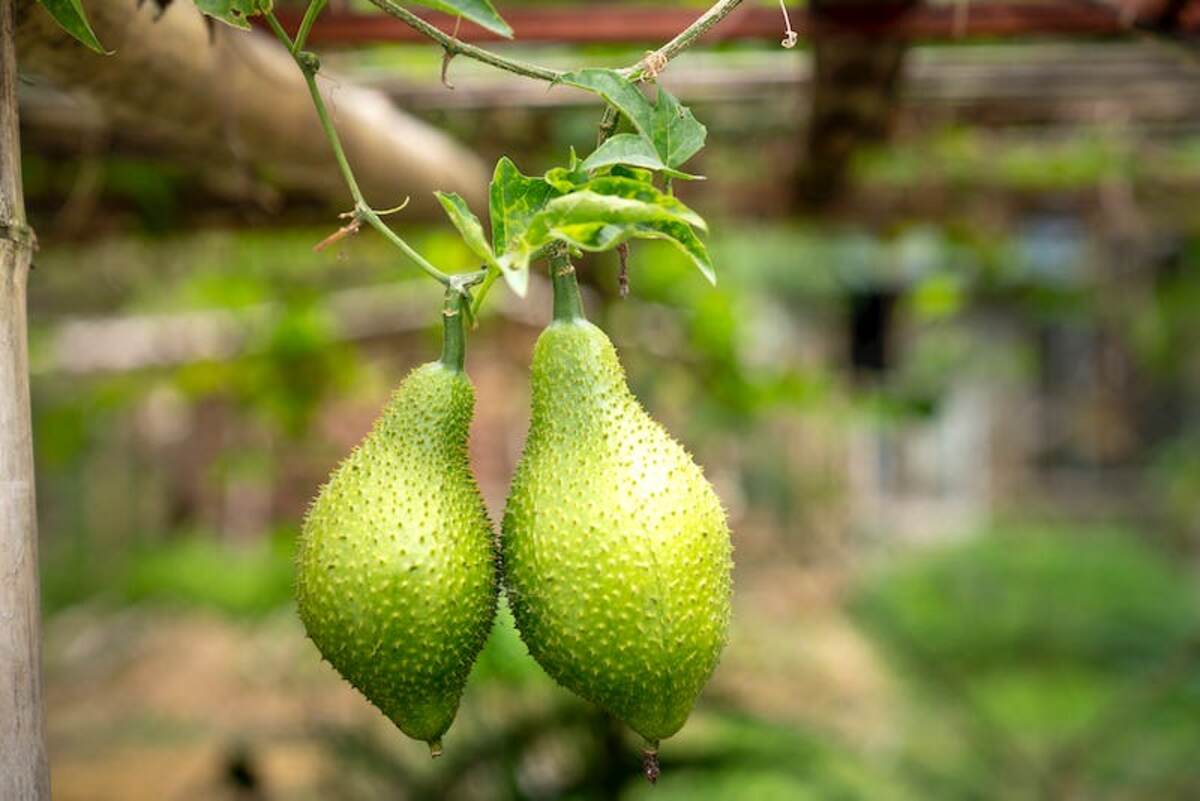Small Vegetable Garden: Supercharge Your Health by Growing Your Own Food!
Small Vegetable Garden
A small vegetable garden is a terrific option if you want to cut costs, eat healthier, or just like working the land. There’s no need to have a large backyard because you can do a lot with a tiny area. After everything is set up, there is not much work. It certainly helps if you enjoy gardening, but after you start seeing the benefits, you could start to.
Below, we will discuss the Small Vegetable Garden.
Choose a Sunny Spot in the Yard:
Choose the yard’s sunniest area for your food garden. Your selections will be somewhat constrained if your entire yard is shaded. Most other vegetables do not grow well in shade, but lettuce and spinach do. Consider starting your garden on the side of the home that receives more sunlight.
Map it Out:
Making detailed preparations in advance makes finding the ideal arrangement much simpler. Take out a piece of paper and begin with a square. Draw out a map with different quadrants for various vegetables. Start modestly by concentrating on a small number of items initially. Do not be overly ambitious at this time.

Start Seedlings Indoors:
Waiting for seeds to sprout in a small vegetable garden can be annoying. You can solve this issue by growing seedlings indoors before the warm weather arrives permanently. You can monitor their development to ensure they are developing typically. Just move them into the garden when the season is right.
Invest in Excellent Tools:
Working in your garden will be much simpler when you have good tools. Spending a little bit more for quality is worthwhile. You’ll eventually have everything you require and be able to maintain your garden effortlessly.
Use Trellises:
Although appetizing, plants like cucumbers and beans also occupy much room. Just a few trellises need to be set up. The neighborhood big-box hardware store carries reasonably priced trellises. Please make sure they are safe. The frame will be under a lot of stress as the veggies ripen and grow, which could cause it to break.
Start a Compost Pile:
Starting a compost pile is one of the finest methods to prepare excellent soil for your garden. This enables you to recycle used food leftovers and other materials. You will like having quick access to topsoil, whether you build a bin for your compost pile or spend money on a composter.
Devote a Section to Herbs:
Start planting herbs in the area of your garden that you have designated for them. When you utilize fresh spices, your recipes taste much more flavorful, and most are relatively simple to grow. Although popular choices like chives, cilantro, and dill are available, practically anything can be produced effectively.
Position Your Garden Near the Kitchen:
Create a lovely walkway from the back door to the garden using pavers. Your garden will undoubtedly serve as an inspiration while you’re cooking up a storm. It’s lovely to quickly run out to the backyard and gather ingredients, such as newly produced tomatoes and carrots.
Have a Water Source Nearby:
Make watering your garden as simple as you can. To thrive, most plants require a lot of water. You’ll hate watering your plants if you have to pull a garden hose from the side of the house each time. Purchase an additional hose if necessary to make everything as simple as possible. Afterward, you’ll appreciate yourself.

Buy Seedlings from a Nursery:
There is no requirement that you grow all of your vegetables from seeds. It’s not improper to go to a nursery to purchase what you need because seedlings make it easier to cultivate plants like tomatoes. The goal is to grow fresh veggies in your backyard, whether you merely plant seedlings or use a variety of plants that were started from seeds. What matters is how they begin.
Soak Seeds before Planting Them:
There will frequently be detailed instructions on how to soak the seeds. Some seeds require many days of soaking, while others only need an overnight soak. They generate plants considerably more swiftly, which will pleasantly surprise you.
Final Thought:
Starting a tiny vegetable garden can initially seem like a massive task. But it’s relatively simple if you do it methodically and remember a few things. Your efforts will pay off when your table is overflowing with fresh, delectable vegetables later in the year.

